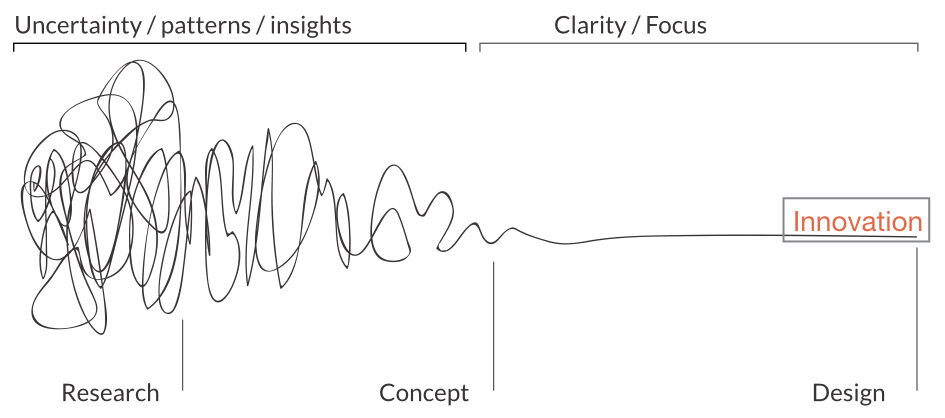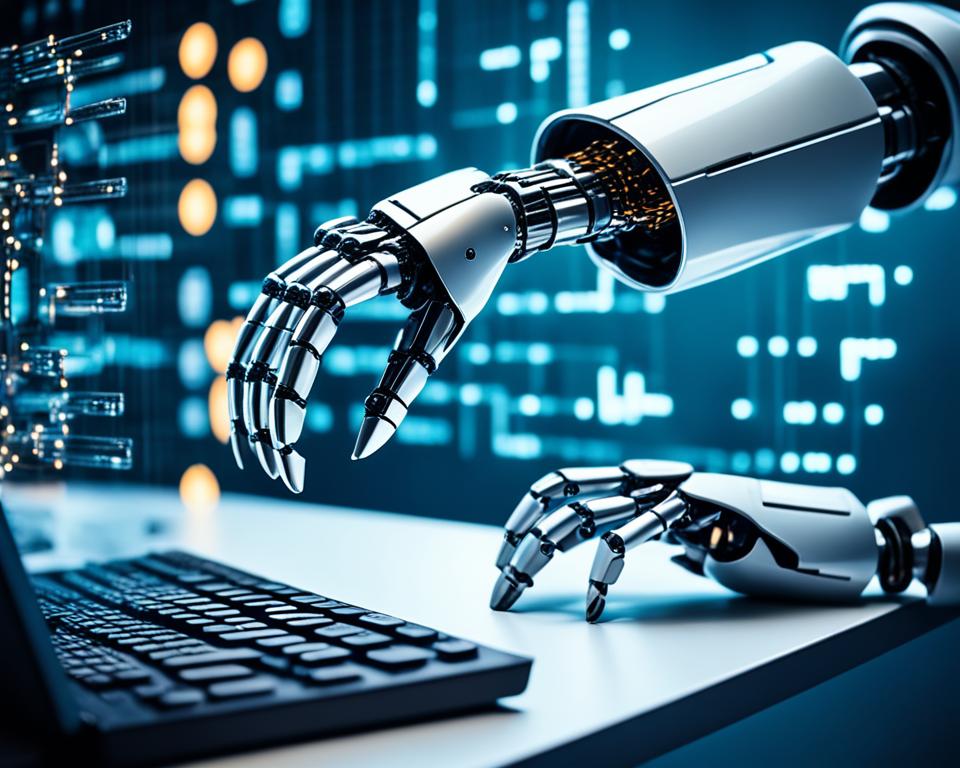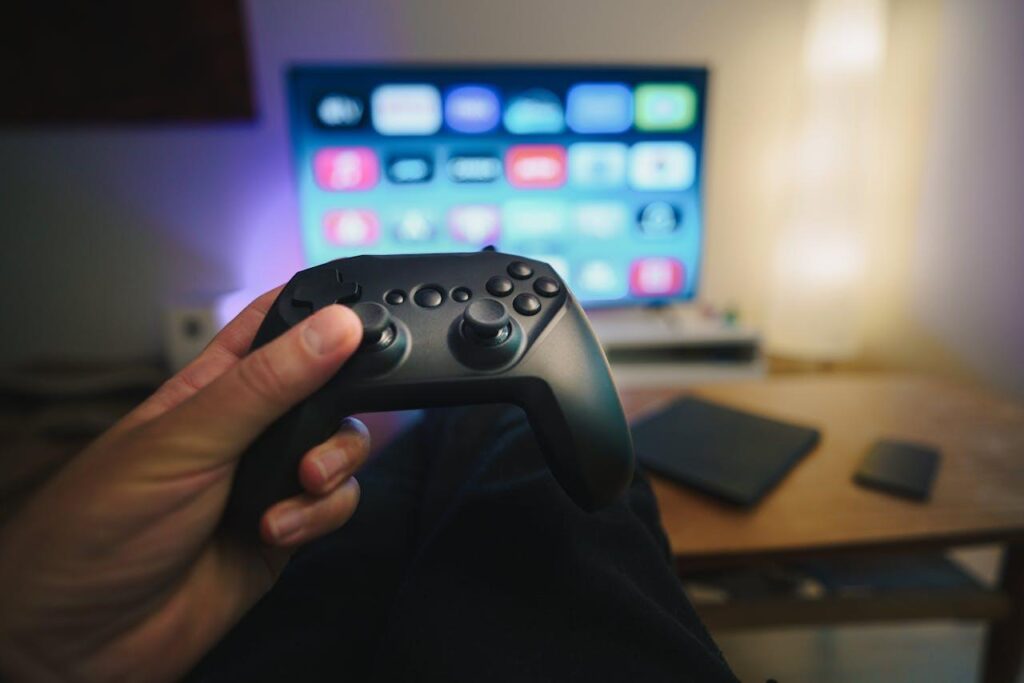


When creating a video game — that is, going from conceptualization to the execution of the game development process in general — people can (and most often do) confuse the terms “game designer” vs “game developer.” While both play a crucial part in making a game a reality, their roles are significantly different.
Understanding these differences can lead to a greater appreciation of the work behind those games you love, and can even help to provide guidance if you’re considering going into game development as an occupation. In this article, we’ll break down three of the major distinctions between game designers and developers – letting you step away with a better sense of how they operate within the game industry.
Game design centers on creativity at its core. Game designers come up with, conceptualize, and plan how the game should appear, feel, and play. They form an image of what playing the game will be like in their mind, covering everything from the storyline and gameplay mechanics to the overall player experience.

They’re responsible for ensuring that the game not only captures the desired emotions but also holds them together from start to finish. Imagine them as the architects who come up with a blueprint for creating the game world.
Game developers, however, are mainly interested in execution. They take the ideas of the designers and bring them into reality using coding and technology. Using various programming languages, game engines, and tools, developers must ensure that a game runs well on different platforms. While a designer might paint out a level or write lines for a character, a developer is going to check and guarantee that these elements actually function within the setup of the game.
Recommended reading: Creating Cross-Platform Games with Unity and Backend Web Server Using Laravel
FURTHER READING: |
1. How to Make a AAA Game in 2025 from Concept to Launch |
2. Multiplayer Game With Unity3D and Meteor |
3. 10 Best Mobile Game Development Companies |
Both roles are completely distinct from each other. What game designers and developers are doing is very different. Designers depend on creative tools such as storyboards, level editors, and design documentation to craft their ideas and make good use of these materials. The way that characters are drawn, mapping out each level in detail, and the many nuances of gameplay are all aspects that a game designer must focus on. With tools of this kind, they can vividly express ideas instead of giving long-winded oral explanations to everyone on the team.
Meanwhile, game developers roll up their sleeves and enter “the priesthood of code.” Their tools include programming languages such as C++, Python, or Unity, and special software for making performance smooth. They translate ethereal ideas into actual systems that behave interactively – designing AI to create engaging enemies and making sure the physics engine runs like real life.

These are problems just waiting for developers to solve, and it often makes surprisingly little difference what story the designers are trying to tell or whether the game is a linear story set on a spaceship or an open-world Western. Both roles are important and need to work closely together to create everything from high fantasy epics to some of the best recently developed scifi games. The designers draw up fantastic futuristic worlds and characters while developers bring those ideas into existence and ensure that all aspects of the game are able to run smoothly on all supported devices.
Recommended reading: What is a Triple-A Game? AAA Game Definition, Meaning, and Industry Insights
While both designers and developers need to be top-notch problem solvers, the kinds of problems they solve are different. Game designers constantly struggle with challenges that are highly abstract. They wonder, “how can we make this game more fun?” Or “what can we do to increase the player’s connection with the story?” They come up with guesses based on theories they have concocted from TV or other sources, trying out different up-and-down solutions and checking to see which ones work best with players.

The other side of the coin is that game developers have their own technical problems. They must work out how to make a game run faster, eliminate load times, or fix problems that might cause the characters to behave oddly. How do game developers go about solving these problems, then? Their logic is based on technology and systems; often, they must know a great deal about computer languages. If a game designer creates a complex puzzle, the developer needs to make sure it works as planned without slowing the game down at all.
For those who are interested in mobile game development, exploring mobile game development companies can tell you more about how these job descriptions mutate in a mobile gaming context where devs face extra challenges in performance tuning for different devices and platforms.
Despite having the same goal of creating an engaging, fully functional game, designers and developers work differently to achieve it. Designers mold the game concept and experience, while developers work to implement those visions. Whether you’re interested in rich RPGs or recently released science fiction games, knowing about these roles can make you appreciate what your digital hobby does better. Both game designers and developers are indispensable to the process, together creating the magic that keeps players coming back for more.














